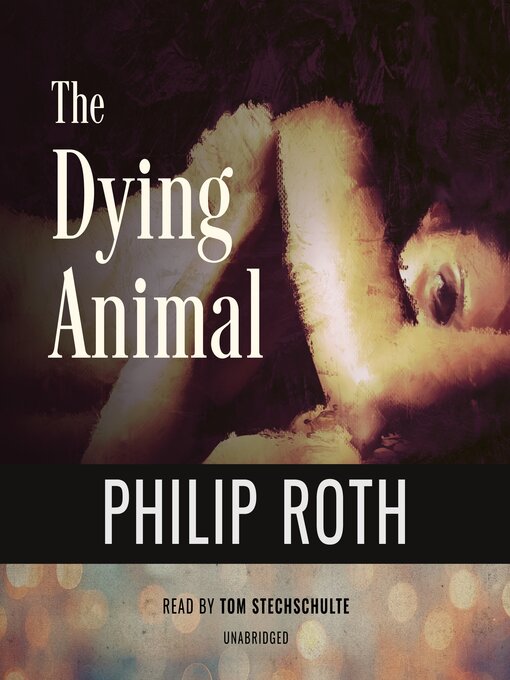No matter how much you know, no matter how much you think, no matter how much you plot and you connive and you plan, you're not superior to sex. With these words our most unflaggingly energetic and morally serious novelist launches perhaps his fiercest book. The speaker is David Kepesh, white-haired and over sixty, an eminent cultural critic and star lecturer at a New York college—as well as an articulate propagandist of the sexual revolution. For years he has made a practice of sleeping with adventurous female students while maintaining an aesthete's critical distance. But now that distance has been annihilated.
The agency of Kepesh's undoing is Consuela Castillo, the decorous and humblingly beautiful twenty-four-year-old daughter of Cuban exiles. When he becomes involved with her, Kepesh finds himself dragged—helplessly, bitterly, furiously—into jealousy and loss. In chronicling this descent, Philip Roth performs a breathtaking set of variations on the themes of eros and mortality, license and repression, selfishness and sacrifice. The Dying Animal is a burning coal of a book, filled with intellectual heat and not a little danger.


